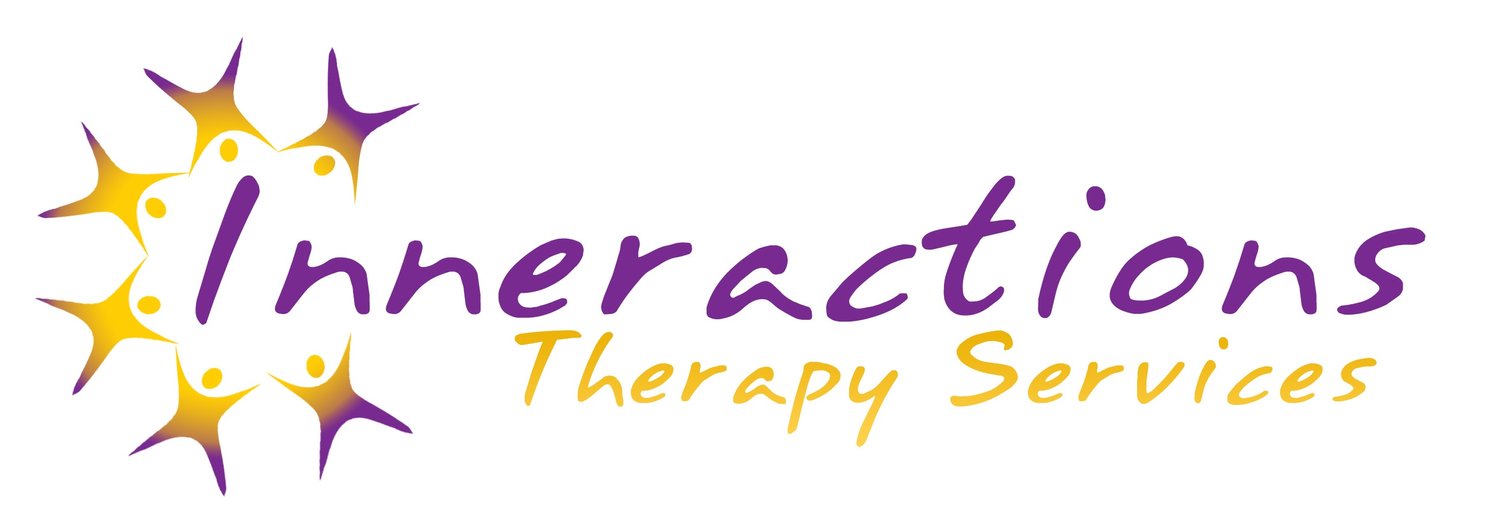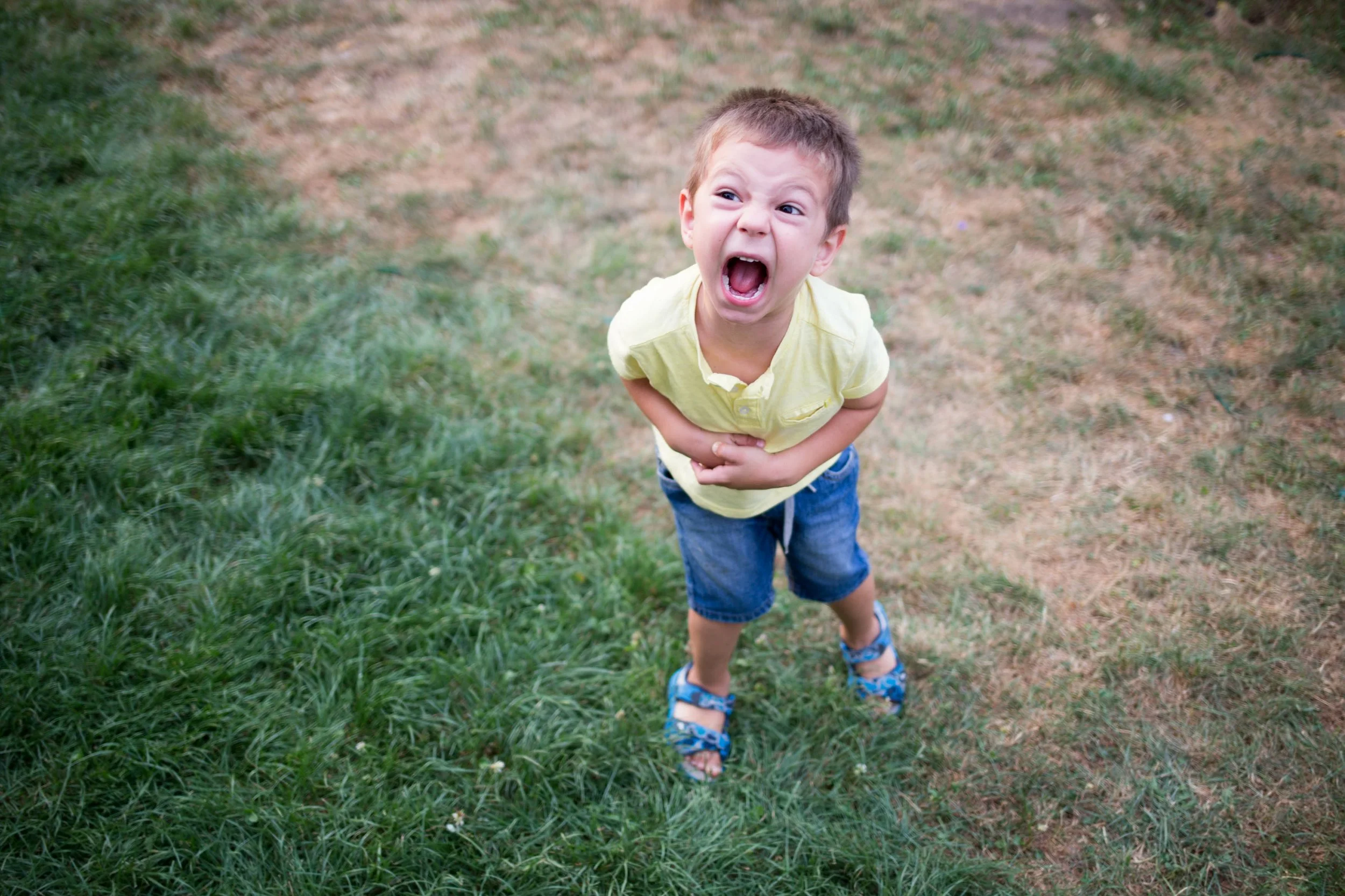
Therapy for Children
Find warm, welcoming, and FUN therapy for your child
Is your child having a hard time? Maybe they’re struggling with socializing or experiencing anxiety or depression. Therapy for children can help your child build a strong foundation for their mental health and put them on the right path for living a successful and fulfilled life.
Our approach to child therapy
Child therapy can look different depending on the child’s age, interests, personality, and reason for therapy. Our practice seeks to understand each child individually and tailor our therapy approach to their needs and interests. By doing this, our child therapy approach lets kids have FUN while achieving therapy goals.
Depending on their age, therapy for children often takes the form of play therapy. Play therapy for children allows them to explore a variety of problems in a way that is developmentally appropriate, and fun!
Good therapy for children doesn’t start and end in the therapy office. As a parent, your involvement in the therapeutic process is important to your child seeing growth in child therapy.
That may give you the question, how do I get involved? Collaborating with your child’s mental health team including their therapist, teachers, school counselors, and others gives your child the best chance to see growth.
Involving Parents in Child Therapy
How to talk about therapy with my child
How you talk about therapy with children depends on the age of your child. For many younger children it can be helpful to discuss code words with your therapist and your child to give reminders about what they’re learning in therapy. Whether that’s reminders to breathe, respect personal space, or other goals for your child.
This reinforcement at home is often crucial to a child’s therapy success. When talking about therapy for kids it’s important to take an active role in discussing goals, and progress with your child’s therapist, teachers, and school counselors.
Parent Calls
Having parent calls with your child therapist monthly or quarterly can keep you connected with what your child is learning, and how you can help your child.
Family Sessions
For some clients, family sessions may be helpful to practice how you interact with your child in the moment, or to address family situations that are impacting your child.
One of the best things you can do with your child is reinforcing their behaviors and growth at home. Encouraging your child in a loving way helps progress in child therapy.
At Home Reinforcement
Measuring success in therapy for children
For some parents, measuring success in child therapy can be difficult. It’s important for parents to bring their kid into therapy with realistic goals, expectations, and a desire for their child to grow.
The first step in measuring successful therapy for children is understanding your own kid, how they think, what they need to work on. Once you understand this, you can start setting goals.
Goals for child therapy
With all goal setting, it’s important that your goals are SMART. This is especially true for children. What are SMART goals for child therapy?
Specific - Narrowing down goals from general statements like “be happy” can be helpful to make your goals more tangible.
Measurable - Can you measure it? If not, how will you know when progress has been made towards achieving your goal?
Achievable - Is this goal something possible for your child’s developmental level?
Relevant - Is this goal relevant to why you’re coming in for child therapy?
Time-bound - This goal should have a time-period to look back on to know when you should be revisiting your goal.
Using play therapy to help children
Therapy that feels like play—because that’s how kids learn
Play therapy allows children to process emotions, build skills, and connect—all through FUN, imaginative play. Developmentally, play is the language children use to learn and express themselves. That makes it an excellent way for some children to engage with therapy.
How play therapy supports emotional growth
Helps children express thoughts and feelings they can’t yet verbalize
Teaches emotion regulation, coping strategies, and problem-solving
Encourages participation in child therapy by making it FUN!
Tools we may use in play therapy:
Toys and figurines
Art and drawing
Role-play and storytelling
Board games
Other games to teach emotional and social skills
And much more!
Parent involvement in play therapy
Some parents see benefits in parenting coaching to better engage their child in a language their child can understand. For many of these parents we can provide language and tools to support play-based learning at home. We also share themes and techniques parents can use to encourage progress beyond sessions. Some parents also find it helpful to seek help in the form of family therapy to help better communication between parents and their children.
Helping children manage big emotions
When kids feel overwhelmed by emotions, they need support. Therapy helps kids build emotional literacy. This emotional literacy then allows them to succeed in every aspect of their lives. Where it’s the arts, athletics, or academics, working on important emotion skills helps your child be the best version of themselves.
Common emotional challenges addressed in child therapy
Tantrums and meltdowns
Anxiety and worry
Difficulty calming down
Trouble labeling or understanding feelings
Trouble socializing
Depression and negative thoughts
Emotion regulation skills that may help children
Breathing and grounding techniques
Emotion identification games
Visualizing emotions using drawings and scales
Naming feelings using stories and characters
Role-play for problem-solving
Group therapy for children to practice skills with peers
Partnering with parents
You see your child more than anyone else. Therefore it’s important to be involved with your child therapist and that your child therapist helps coach caregivers on how to support emotional learning at home. Together, you can create consistent strategies that build resilience and trust in and outside of the therapy room.








